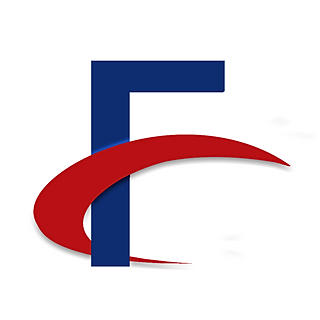Financial Aid for Medical Bills: Your Comprehensive Guide
- Fair Capital
- May 12, 2023
- 2 min read

If the weight of medical bills is straining your finances, you're not alone, and there is help available. Several programs – spanning government initiatives, non-profit organizations, and pharmaceutical companies – dispense billions annually to address healthcare needs. Depending on your location and health condition, you might be eligible for such assistance. Let's dive into the plethora of resources aimed at helping those from low- to moderate-income households.
Whether you're grappling with outstanding medical bills or debts due to your healthcare provider, various forms of assistance are within your reach. Here are some crucial categories to explore:
1. Government Benefits
Visit Benefits.gov to discover what government benefits you might be entitled to. By answering a brief online questionnaire, you'll be directed toward potential benefits, including those related to healthcare and childcare.
2. Assistance Programs
Several organizations are dedicated to helping patients meet their medical bill obligations. Here are a few:
The HealthWell Foundation (Contact: 800-675-8416) operates funds to help with premiums and copays.
The United Healthcare Children's Foundation (Contact: 952-992-4459) assists underinsured families with sick or injured children.
The Vision USA Foundation (Contact: 800-766-446) aids with glasses and eye exam expenses.
The PAN Foundation (Contact: 866-316-7263) assists underinsured individuals with life-threatening, chronic, and rare diseases by aiding with out-of-pocket costs.
The National Association of Free and Charitable Clinics (NAFC) (Contact: 703-647-7427) offers a range of health and medical services to economically disadvantaged patients.
The Leukemia & Lymphoma Society (LLS) (Contact: 914-949-5213) operates financial assistance programs that may help with travel expenses, copays, and urgent needs.
3. Medication Coverage
Organizations such as NeedyMeds (Contact: 800-503-6897), Rx Assist, and Rx Hope assist people who cannot afford prescription drugs and other medical costs. Some pharmaceutical companies also offer Patient Assistance Programs (PAPs), providing free or low-cost medications to those who cannot afford them. The Medicare website offers a search tool to find such PAPs.
4. Nonprofit Hospitals
Federal law mandates nonprofit hospitals to provide financial aid to qualified low-income patients unable to pay their bills. Providing proof of low income, like pay stubs or tax returns, can lead to significantly reduced or even completely waived bills. Some for-profit hospitals also voluntarily offer such programs, or are required to by state law. It's worth exploring these options, regardless of your eligibility suspicions, as you may still receive significant reductions.
5. Medical Billing Advocates
While medical billing advocates won't pay your bills, their in-depth knowledge of medical billing can help reduce your costs. They're adept at identifying billing errors and negotiating lower prices. Although these advocates often charge for their services, free assistance might be available through your workplace's benefits program or charitable organizations like the Patient Advocate Foundation.
Understanding and navigating the multitude of resources available to you can feel overwhelming, but there's a lot of support out there. No one should have to compromise on health due to financial constraints. By exploring these options and advocating for yourself, you can alleviate the burden of medical costs and focus on your journey to health.












Comments